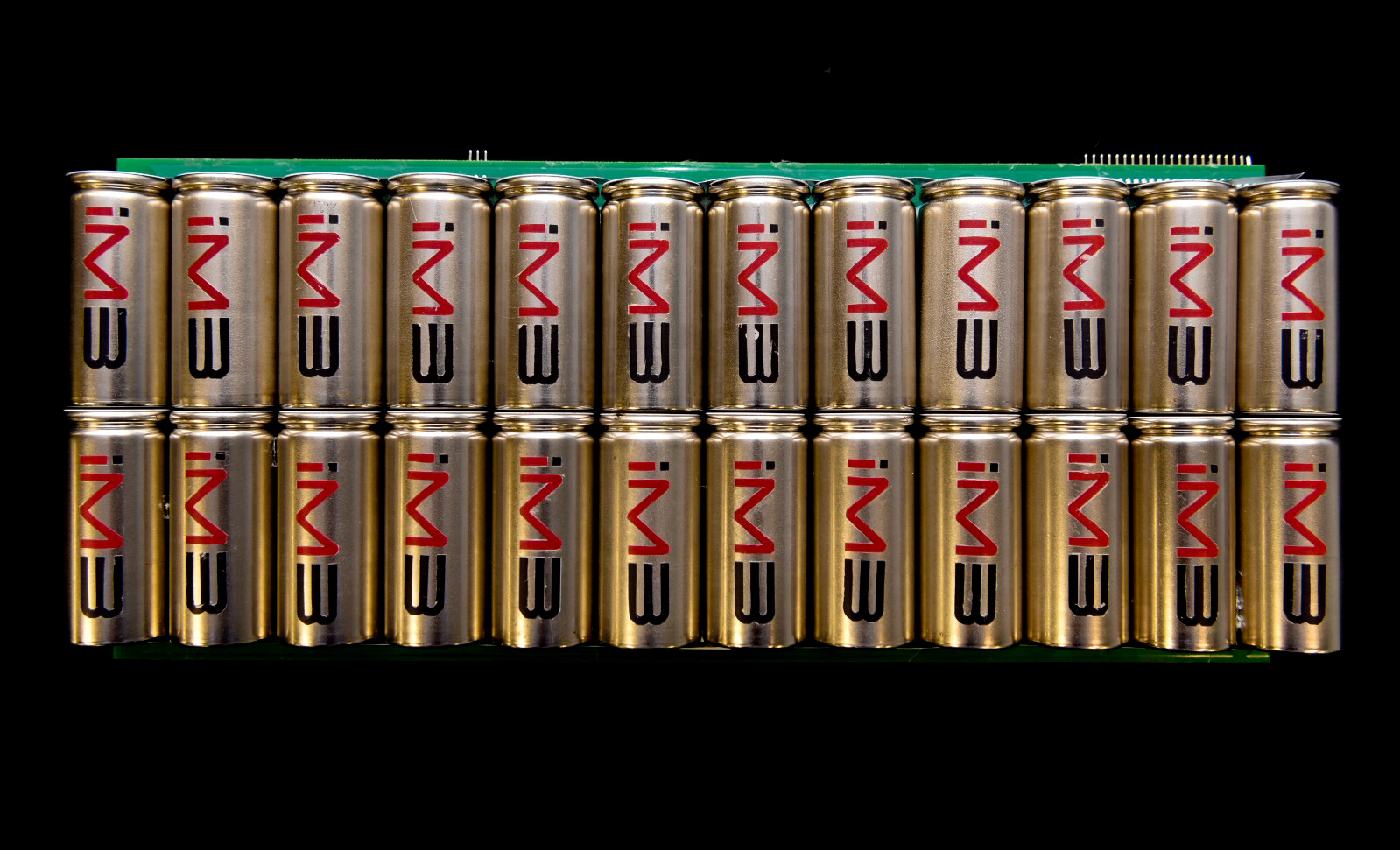
10 companies will co-operate under Imperium3 NY to build a factory that should lead the way to cheaper and more efficient li-ion batteries.
The consortium has been spearheaded by three Southern Tier companies – referring to western counties in NY state and those that lie along its southern border – and will set up its operations at the Heron Campus in Endicott, Broome County.
Imperium3 NY is the first successful start up to come out of Binghamton University’s business program, and will be supported by performance-based incentives from the state. Evidently, the project is causing some excitement and attracting investment. This should equate to US$4 million from an Upstate Revitalisation Grant, alongside US$3.5 million in tax credits. There could also be an additional sum of almost US$6 million from investment tax credits.
According an announcement by New York Governor, Andrew M. Cuomo, Imperium 3 NY will invest an estimated US$130 million, helping to revitalise the area and provide upwards of 230 jobs. The facility will be the state’s first such factory and will be capable of manufacturing 700 batteries a minute using Imperium3’s “innovative technology”. Production will begin in 2019, with 3GWh produced by the fourth quarter and rising to 15GWh thereafter.
The companies involved include C4V, C&D Assembly, Primet Precision Materials, Magnis Resources, Kodak, Boston Energy and Innovation, and CMP Advanced Mechanical Solutions. The governor’s press release further detailed the responsibilities held by each participant. C&D Assembly will supply electronic board assembly and battery testing while Primet Precision Materials will be responsible for the advanced materials processing. Boston Energy and Innovation is offering to provide international sales and marketing opportunities, which should help the project move from testing to commercial production.
C4V, officially known as Charge CCCV, will provide the core intellectual property. The company uses synthesised natural minerals that are added to the li-ion battery in order to increase life span and reduce common problems, such as excessive heat and and inadequate storage levels. The company’s co-founder, Mr. Mark Mecenas, elaborated on further benefits: “Manufacturing of this battery does not have to change existing fabrication processes,” Mecenas said. “This technology is employed at a fundamental material level. The cost of incorporating this technology is minimal.”
The company has various other projects underway, including the production of specialised cells for micro-grid storage, batteries for trains, and power storage to support high speed vehicles. C4V has also been recognised for its innovation, receiving US$500,000 after winning New York State’s 76West Clean Energy Competition in 2016. The win attracted the attention of Magnis Resources, an Australian company, that will provide the anode materials needed for battery production.
Ultimately, it seems that C4V will be the leading company within the consortium. While it is not confirmed what use the batteries will be used for, it is likely that C4V’s prerogatives will be prioritised. That means that energy storage and automotive batteries could be the first off the production line. The project also supports the recently reported decisions to open US factories, made by various companies in the EV industry, including Mercedes-Benz, LG,Daimler, and Proterra – to name a few.
Regardless, there has been a distinct increase in commitment to battery development and production in the last year. If these companies can make good on promises about energy storage, US manufacturers can take even further advantage of home-grown EV technology.

